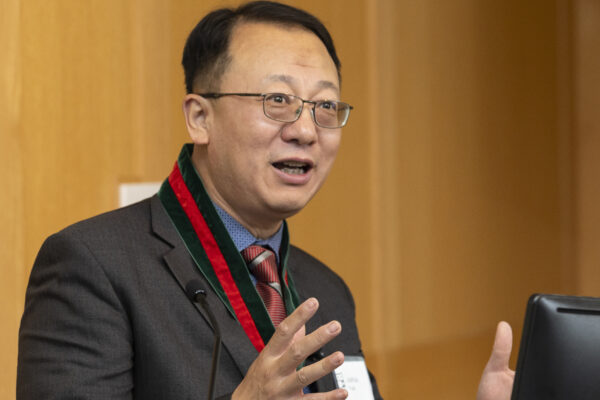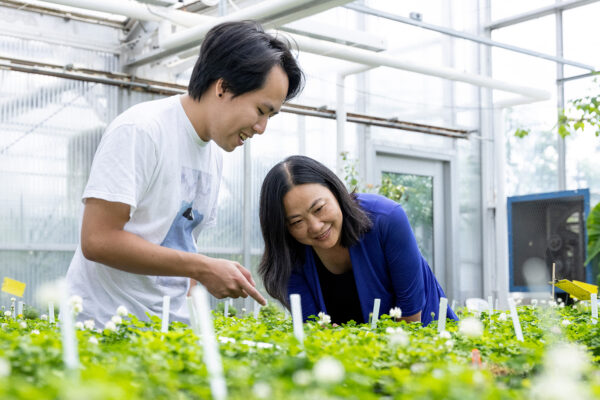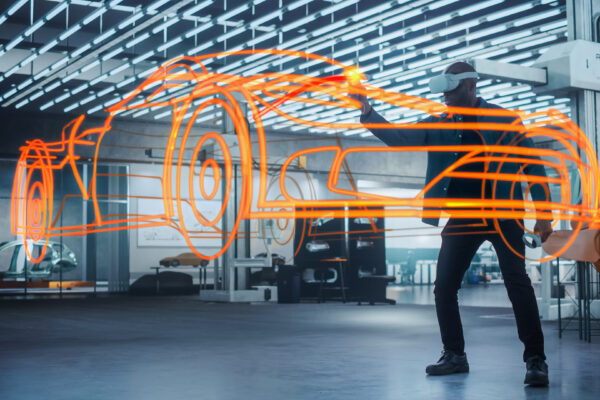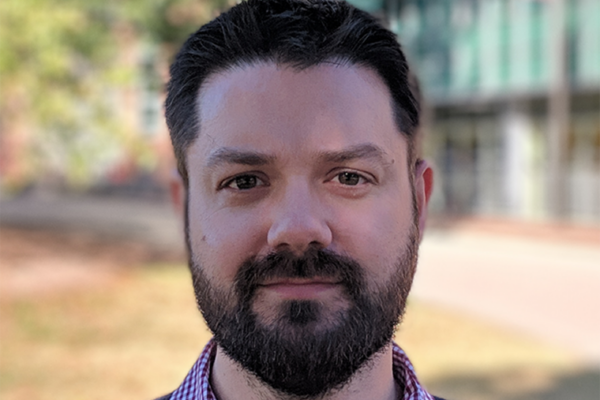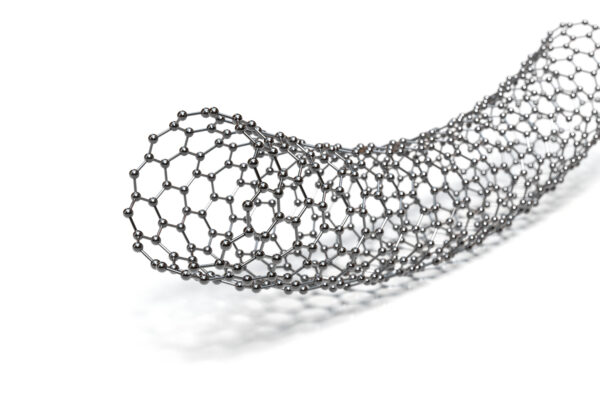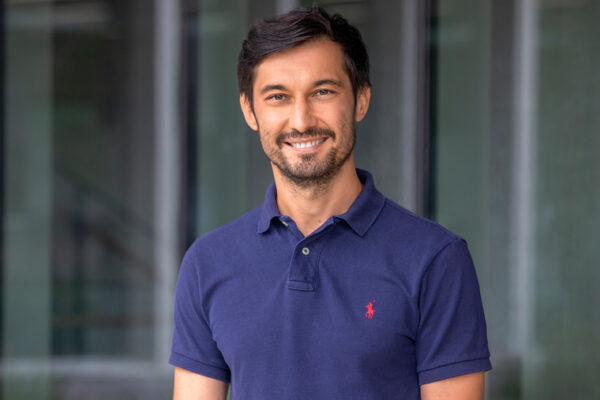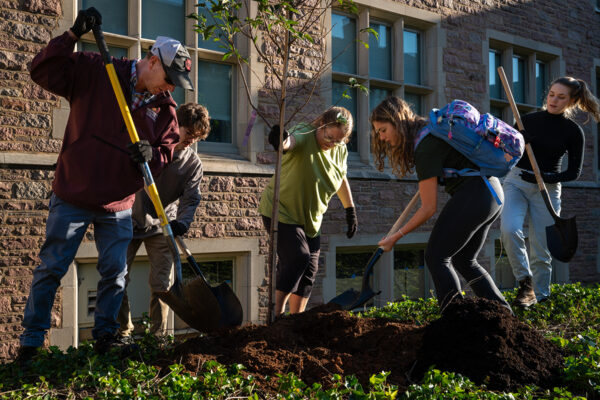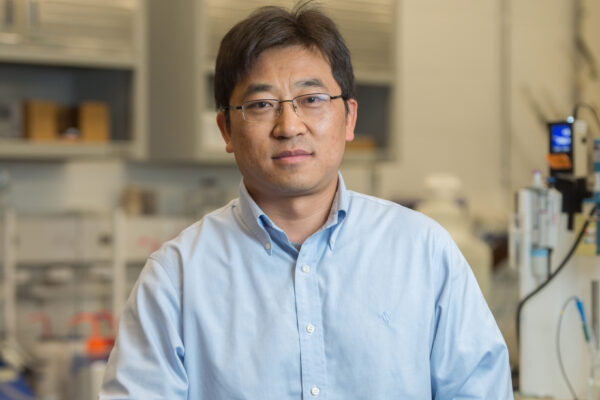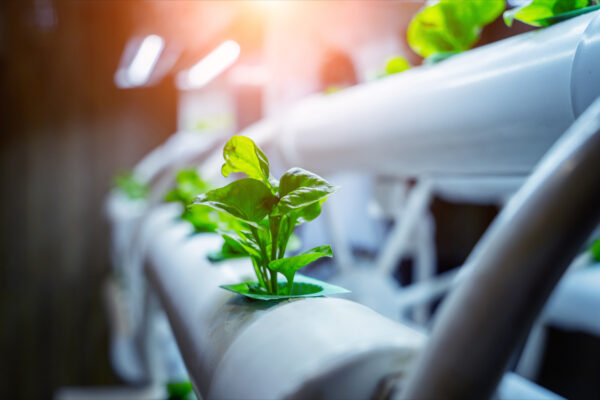Yuan named Lucy & Stanley Lopata Professor
Joshua S. Yuan, chair of energy, environmental and chemical engineering at the McKelvey School of Engineering at Washington University, was installed as the Lucy & Stanley Lopata Professor Oct. 17.
Communication within large-scale network system focus of new research model
Xudong Chen, a researcher at the McKelvey School of Engineering, has received a federal grant to develop a framework that would predict how fundamental system properties of large-scale networks behave in uncertain environments.
How plants evolved multiple ways to override genetic instructions
WashU biologists, led by Xuehua Zhong in Arts & Sciences, investigated the inner workings of DNA methylation in plants. Their findings could help engineer crops that are more resilient to environmental changes, like heat or drought stress.
3D modeling made easier
Tao Ju, a researcher at the McKelvey School of Engineering, will develop algorithms for 3D surface modeling with a grant from the National Science Foundation.
Byrne featured in ‘Volcano Worlds’
Paul Byrne, an associate professor of earth, environmental and planetary sciences in Arts & Sciences at WashU, was featured in “Volcano Worlds,” a PBS Nova documentary about the powerful volcanic eruptions that have shaped worlds across our solar system.
Converting CO2 to solid carbon yields benefits for batteries
A Washington University researcher has received a $1.5 million grant from the Department of Energy to convert carbon dioxide into carbon nanotubes that could be used in lithium-ion batteries.
Kamilov receives $20,000 from Google
Ulugbek Kamilov, a computer scientist at Washington University, plans to work on innovative algorithms with $20,000 from Google.
Home to 6,500 trees, WashU Arboretum earns rare status
The WashU Arboretum, home to some 6,500 trees across the Danforth Campus, recently received Level III accreditation by the ArbNet Arboretum Accreditation Program.
Wu awarded energy technology award
Gang Wu, an electrochemist at Washington University in St. Louis, has won a research award from the Electrochemical Society.
How to grow food without light
In a new publication, researchers at the McKelvey School of Engineering make the case for electro-agriculture to help drastically cut carbon emissions.
Older Stories
